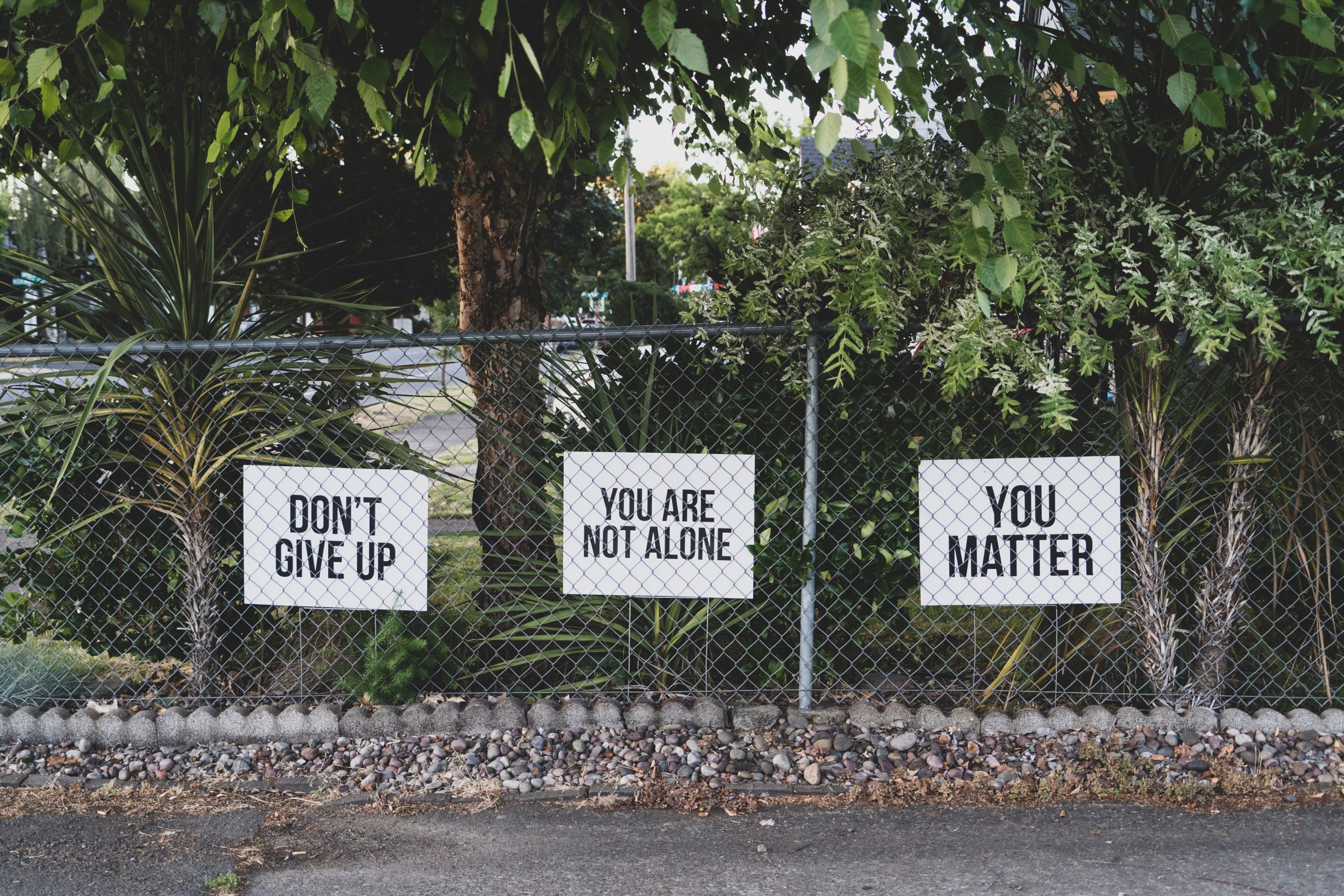Clinical Depression in Berkeley, CA is a serious concern despite the city’s beautiful surroundings, prestigious university, and progressive community. The vibrant culture, diverse population, and abundance of resources in Berkeley might suggest that clinical depression is a relatively rare occurrence, but this assumption is not accurate.
Like many other cities across the United States, Berkeley is not immune to the impact of mental health conditions such as clinical depression. Clinical depression, also known as major depressive disorder, can have a profound impact on an individual’s quality of life. It is characterized by a persistent feeling of sadness, hopelessness, and worthlessness that can make it difficult to function in daily life.
According to a report by the Substance Abuse and Mental Health Services Administration, approximately 7% of adults in the United States experienced at least one major depressive episode in the past year. In Berkeley, the prevalence of clinical depression is likely similar.
One of the challenges of clinical depression is that it is not always easy to identify. Many people who experience depression may not realize that what they are feeling is a diagnosable mental health condition. They may attribute their feelings to personal weakness or external factors such as stress, rather than recognizing that there is a medical component to their symptoms.
This lack of awareness can prevent individuals from seeking the help they need.
Another challenge of clinical depression is that it is not always easy to treat. There is no one-size-fits-all approach to managing depression, and what works for one person may not work for another. Additionally, depression can be a chronic condition that requires ongoing management rather than a one-time fix.
However, with the right support and treatment, it is possible for individuals with clinical depression to manage their symptoms and lead fulfilling lives.
In this article, we will discuss the symptoms and causes of clinical depression, as well as the available treatment options.
Table of Contents
Symptoms of Clinical Depression
The symptoms of clinical depression can be debilitating and impact many areas of a person’s life. It is important to be aware of the symptoms of clinical depression in order to seek appropriate treatment and support.
1. Persistent Sadness or Emptiness – One of the primary symptoms of clinical depression is a persistent feeling of sadness or emptiness. Individuals with depression may feel this way for weeks or months and may find it difficult to shake off these feelings. This persistent feeling of sadness or emptiness can have a significant impact on a person’s daily life.
2. Loss of Interest in Activities – Another common symptom of clinical depression is a loss of interest in activities that a person once enjoyed. Individuals with depression may find themselves no longer interested in hobbies, spending time with friends and family, or other activities that they previously found pleasurable. This can lead to feelings of isolation and loneliness.
3. Changes in Appetite and Weight – Changes in appetite and weight are also common symptoms of clinical depression. Some individuals with depression may experience a loss of appetite and may find it difficult to eat, leading to weight loss. On the other hand, some individuals may turn to food as a way to cope with their emotions, leading to weight gain.
4. Sleep Disturbances – Sleep disturbances are another common symptom of clinical depression. Individuals with depression may have difficulty falling asleep or staying asleep throughout the night. They may wake up feeling tired and lacking energy, even after a full night’s rest. Some individuals with depression may also oversleep, spending excessive amounts of time in bed.
5. Feelings of Guilt and Worthlessness – Feelings of guilt, worthlessness, and low self-esteem are also common symptoms of clinical depression. Individuals with depression may be overly critical of themselves and have a negative outlook on their abilities and accomplishments. They may also feel as though they are a burden to others or that they do not deserve happiness or success.
6. Difficulty Concentrating – Difficulty concentrating or making decisions is another symptom of clinical depression. Individuals with depression may have trouble focusing on tasks or making even simple decisions. This can impact their work, school, and personal life.
7. Recurrent Thoughts of Death or Suicide – Recurrent thoughts of death or suicide are a serious clinical depression and can take many forms. They may involve persistent feelings of hopelessness, despair, or a sense of being a burden to others. Individuals experiencing these thoughts may feel that life is not worth living, and that death or suicide is the only way to escape their pain. These thoughts can be distressing and overwhelming, and may interfere with daily life. It is important to note that not everyone who experiences recurrent thoughts of death or suicide will act on them. However, it is crucial to take these thoughts seriously and seek help if you or someone you know is experiencing them.
If you or someone you know is experiencing any of these symptoms, it is important to seek help from a medical professional in the Berkeley, CA area.
 Causes of Clinical Depression
Causes of Clinical Depression
There are many possible causes of clinical depression, including genetics, environmental factors, psychological factors, and changes in brain chemistry.
While it can be difficult to pinpoint a specific cause of depression in any given individual, understanding the potential causes of depression can help individuals and their loved ones better understand the condition and seek appropriate treatment.
1. Genetics – There is evidence to suggest that genetics can play a role in the development of clinical depression. In fact, studies have shown that individuals who have a first-degree relative with depression are at a higher risk of developing the condition themselves. While there is no specific “depression gene,” there may be multiple genes that contribute to a person’s risk for developing the disorder. Additionally, genetics can interact with environmental factors to increase a person’s risk for developing depression.
2. Environmental Factors – Environmental factors, such as stress and trauma, can also contribute to the development of clinical depression. In Berkeley, CA, there are a number of environmental stressors that may contribute to the development of depression. For instance, the high cost of living in the area can lead to financial stress, which can be a significant source of anxiety and depression. Additionally, the fast-paced, competitive nature of life in Berkeley can lead to high levels of stress, which can contribute to the development of depression.
3. Psychological Factors – There are a number of psychological factors that can contribute to the development of clinical depression. For instance, individuals who have a history of trauma or abuse may be at an increased risk of developing depression. Additionally, individuals who have a negative view of themselves or the world around them may be more likely to develop depression. In Berkeley, CA, the pressure to succeed and the constant comparison to peers can lead to feelings of inadequacy and low self-esteem, which can contribute to the development of depression.
4. Brain Chemistry – Brain chemistry can also play a role in the development of clinical depression. Research has shown that people with depression may have an imbalance of certain neurotransmitters in the brain, such as serotonin and dopamine. These neurotransmitters are responsible for regulating mood and emotion, and when they are out of balance, it can contribute to the development of depression. Additionally, certain medical conditions, such as hypothyroidism or chronic pain, can also contribute to changes in brain chemistry that can increase the risk of developing depression.
It is important to note that depression is not a personal weakness or a character flaw, but a real medical condition that requires professional help.
Treatment Options for Clinical Depression in Berkeley, CA
1. Psychotherapy – also known as talk therapy, is a common treatment option for clinical depression. This type of therapy involves working with a mental health professional to identify and address the underlying causes of depression. Therapy can be done individually or in a group setting, depending on the individual’s needs and preferences. There are several types of psychotherapy that may be used to treat depression, including:
Cognitive-behavioral therapy (CBT): This type of therapy focuses on changing negative thinking patterns and behaviors that contribute to depression.
Interpersonal therapy (IPT): This type of therapy focuses on improving relationships with others and addressing social conflicts that may contribute to depression.
Psychodynamic therapy: This type of therapy focuses on exploring unconscious thoughts and feelings that may contribute to depression.
2. Medication – This can also be an effective treatment option for clinical depression. Antidepressant medications are commonly prescribed to help manage depression symptoms. There are several different types of antidepressants, and it may take some trial and error to find the medication that works best for a particular individual. It is important to work closely with a medical professional to determine the best medication and dosage for your needs.
3. Alternative Therapies – In addition to psychotherapy and medication, there are several alternative therapies that may be helpful in treating clinical depression. Such as acupuncture, massage therapy, and yoga have all been shown to have some benefit in managing depression symptoms. It is important to note that alternative therapies should be used in conjunction with, rather than as a substitute for, traditional medical treatment.
4. Lifestyle Changes – Making lifestyle changes can also be an effective way to manage clinical depression. Regular exercise, a healthy diet, and getting enough sleep can all help improve mood and reduce depression symptoms. Additionally, avoiding alcohol and drugs and quitting smoking can also have a positive impact on depression symptoms.
5. Support Groups – Joining a support group can also be a helpful way to manage depression. It provides a safe and supportive environment where individuals can share their experiences, learn from others, and receive emotional support. There are many different types of support groups available in Berkeley, CA, including in-person and online groups.
6. Hospitalization – In some cases, hospitalization may be necessary to manage severe depression symptoms. It can provide a safe and supportive environment where individuals can receive intensive treatment and support. This may include medication management, psychotherapy, and other forms of treatment.
By raising awareness and providing information, we hope to help individuals in Berkeley and beyond better understand and manage clinical depression. We believe that by destigmatizing mental health conditions and providing access to resources, we can create a community that supports individuals struggling with depression and other mental health conditions.
If you or someone you know is experiencing this, it is important to seek help as soon as possible. There is no shame in asking for help, remember that you’re not alone in this journey.





